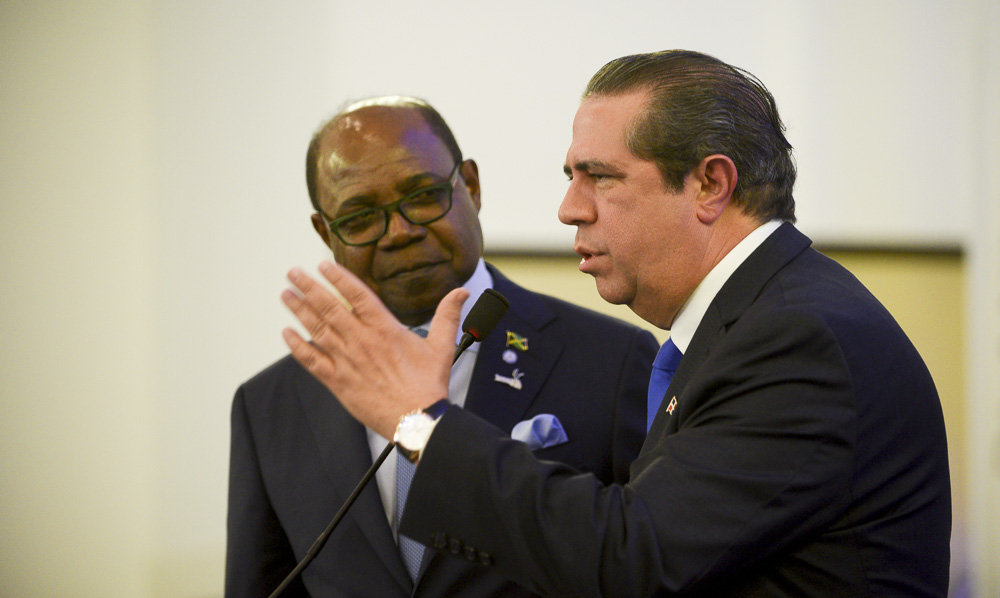
Inbound tourism industry of China has been struggling for the last three years following a decline in the number of overseas tourists visiting the country. Chinese tourism industry insiders warn that the overall goal for the period 2011 to 2015 (the twelfth Five-Year Plan) is not likely to be met.
As per the guideline set forth for the development of Chinese tourism during the period 2011 to 2015, the number of overseas travelers visiting the country should grow by 3 percent on an annual basis and the number of foreign tourists should increase by 4.5 percent. To meet the target, the total visits by overseas tourists/foreign tourists should be 153 million/31.15 million in 2015.
Only the visitors from foreign countries are accounted for as foreign visits. On the other hand, the overseas visits count includes foreign tourists and visitors from Taiwan, Hong Kong and Macao.
China saw a small growth in inbound tourists in 2011, but the number of overseas visits declined by up to 2.51% in the following three years, hurting the overall tally. In 2015, the number of foreign visitors declined by 1.1%, on year-on-year basis, to 19 million during the first nine-month period. On the other hand, overseas visits increased by 4.4% to 98.9 million.
Researcher Gao Tianming at Tourism Research Center, Chinese Academy of Social Sciences, noted that it is impossible to achieve the goals set by the Chinese tourism industry. However, Dai Bin, director, China Tourism Academy, expressed optimism about the performance in 2015 because of the slowing down of the downward trend.
He, however, added that the inbound tourism continues to struggle when compared with that of other countries. UNWTO’s reports show that inbound tourism grew by 17% and 29.4% last year in South Korea and Japan, respectively.
Beijing Tourism Development Commission’s senior official, Wang Qing, attributed the sluggishness in inbound tourism to pollution, language barrier and the decline in price competitiveness caused by the currency exchange rate.










